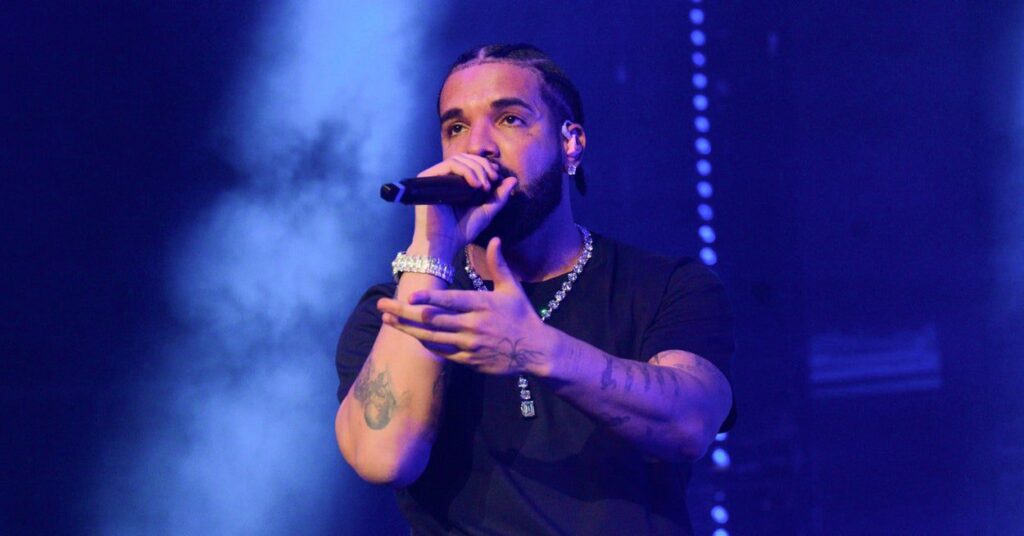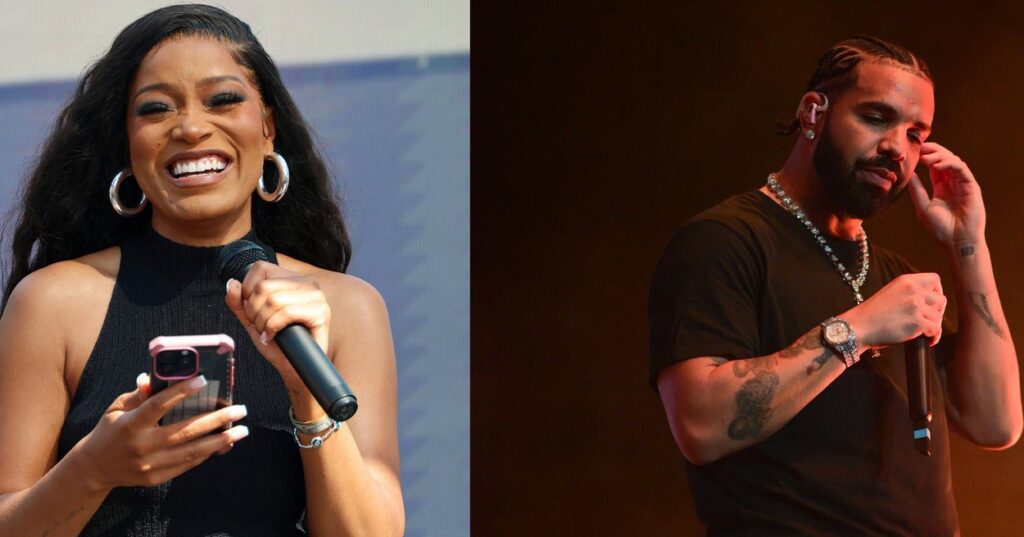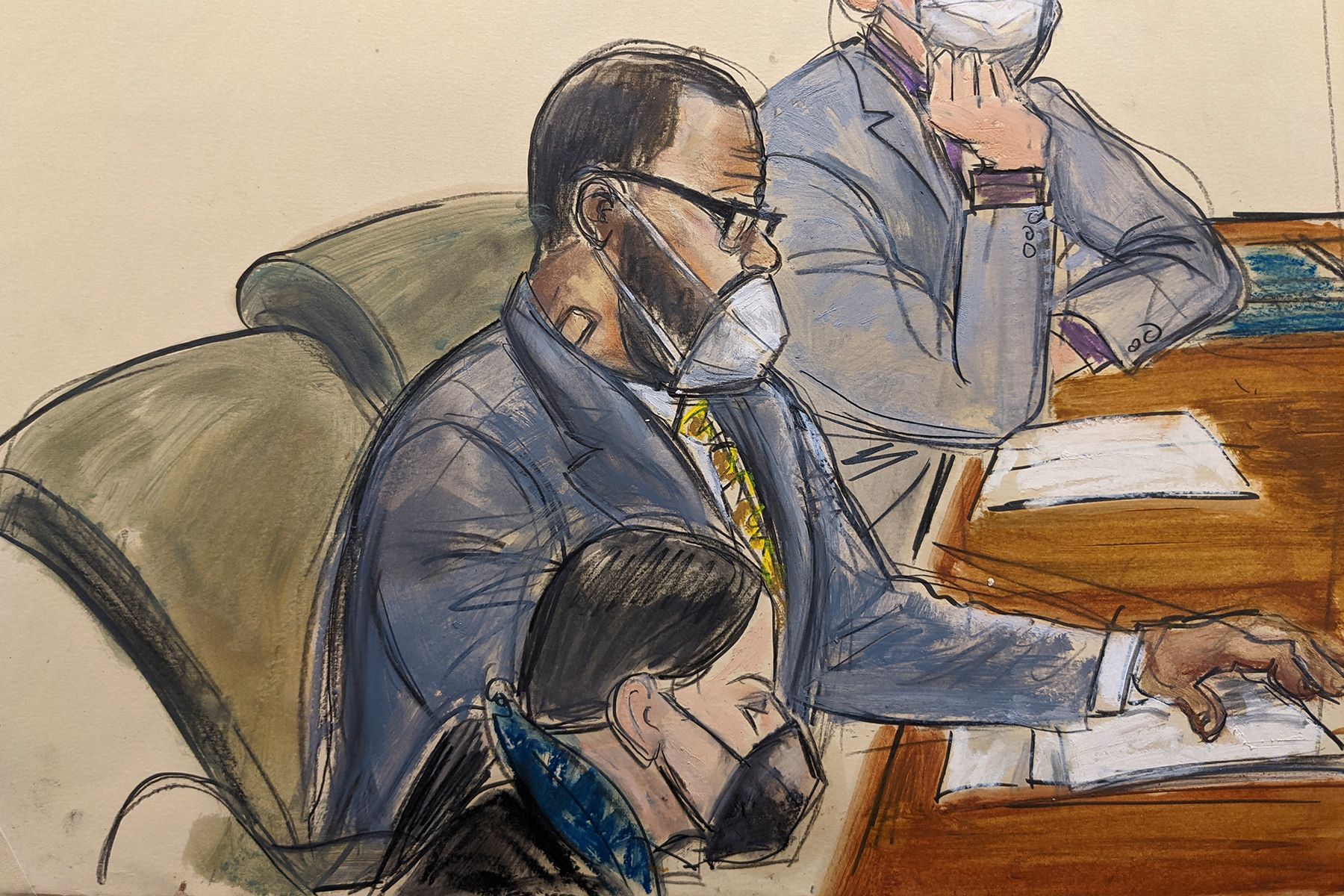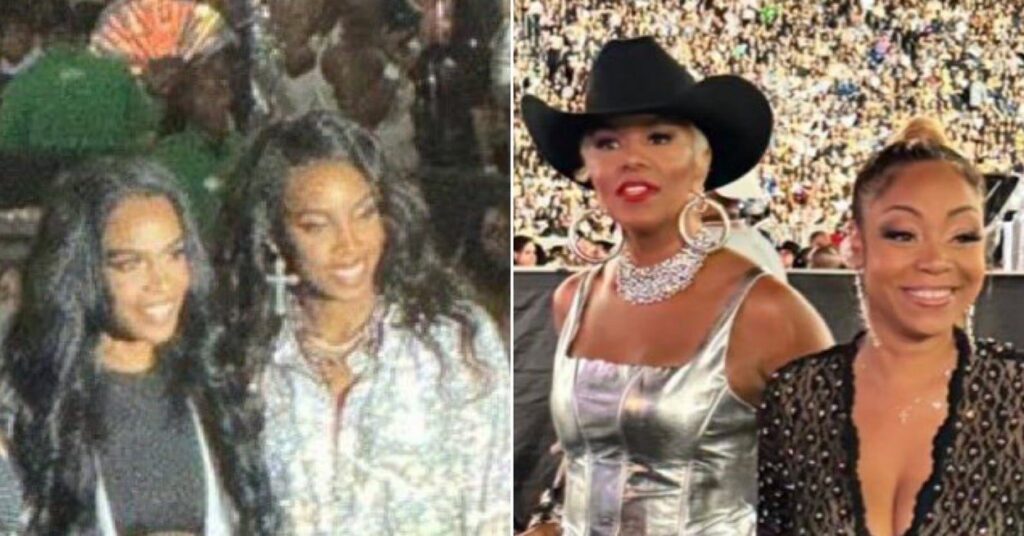
Breaking Down the Role Reference Tracks Play in Hip-Hop
On Kendrick Lamar’s vicious Drake diss “Europhia,” the Compton emcee rapped the now iconic line: “Yachty can’t give you no swag, neither. I don’t give a fuck ’bout who you hang with.” And if you’ve been paying attention, you know exactly what Kendrick was talking about.
There have been six Drake reference tracks leaked online in 2024: “Jumbotron Shit Poppin,” which was performed by the aforementioned Lil Yachty; “Calling For You,” allegedly performed by Cash Cobain; “Mob Ties,” rapped by Louisville’s Vory; and “Ratchet Happy Birthday,” sung by OVO Sound artist PARTYNEXTDOOR.
In each case, the tracks don’t sound too far off from the original. The performing artists brought rap lines or melodies that Drake lifts, essentially, word for word. The quotable lines and memorable melodies fans assume came from Drake most likely came from other artists. So what does it all mean, especially for someone like Drake, an all time great who has a long history with reference tracks leaking?
This tension is at the center of rap’s ever changing relationship with reference tracks, ghostwriting, and the difference in perspectives of the songwriting process for fans and artists. While rappers have no problem collaborating with other lyricists in the studio to come up with songs the world will love—and there is historical precedent, even for the all-time greats—fans who are pursuits expect each track to only have been made by the rapper who’s performing the song.
In that way, rap music is an outlier: in virtually every other popular genre of music, who works on a song in the background doesn’t matter that much. And reference tracks are a common part of the creative process—one that has resulted in some of the greatest songs of all time being produced.
“A reference track is how a songwriter shares their songwriting,” Brian Zisook, Co-Founder of Audiomack, told Complex. “Artists, regardless of genre, then use this as a guide, deciding what to keep or change. The final version may closely resemble the reference—or could evolve into something new.”
Over the last 50 plus years, hip-hop has evolved, going from live dance music mostly played in the park to an avenue for lyricists to paint pictures about their struggle. Now hip-hop is at the center of pop culture, and, in its pop-leaning form, storytelling and lyrical wordplay have taken a backseat to traditional, catchy song-building.
But there are still nuanced feelings about authenticity, and if you should be going in the studio to create magic alone, especially if you’re one of the all time greats. According to hip-hop historian Dart Adams, co-author of Sleiman’s autobiography, Instead We Became Evil, there has always been a strong spirit of collaboration amongst rappers. And conversations about ghostwriting or collaborations are mostly made up randomly by fans who are ignorant about the process
“Reference tracks have always existed in rap,” Adams said. “Before rap records, people did routines. If five dudes back then were in a group, you can’t have one dude write on a bar, go back and forth, write another bar, and so forth. So what often happens is that one person would write a routine for the whole group.”
Even during rap’s “Golden Era,” in the late ‘80s and mid ‘90s, where the ideas of authenticity and strong lyricism really developed, some of the biggest acts would assist each other in the studio. Groups and collectives like Run DMC, NWA, the Juice Crew, and the Wu-Tang Clan all helped each other with rhymes, in various ways.
That doesn’t mean all rappers worked this way and that certainly doesn’t mean there isn’t some sort of stigma amongst artists around the topic. Last year, Rakim talked about wanting to knock out MC Serch after the 3rd Bass rapper claimed he was asked to write some verses for the GOD MC. In 2017, Kendrick said that to be considered the best you have to write all of your own lyrics. In 2012, Nas denied using ghostwriters for the Unitlied album, despite credible evidence that he had help. And, over the years, Pusha-T has had various disses aimed at Drake or Lil Wayne for allegedly using ghostwriters.
But, according to Adams, these are exceptions, not necessarily rules and these kinds of examples speak more to preferences certain artists have. “Everybody’s idea of their creative process is different. Some people have teams of writing partners, they have people to flesh stuff out,” Adams said. “There are people that are on the Mount Rushmore [of hip-hop] who didn’t write every rhyme themselves. Without Run DMC, we’re not having this conversation. Run didn’t write every rhyme. [DMC] didn’t write every rhyme. He said out his mouth LL Cool J wrote some rhymes for him. That doesn’t negate Run DMC’s greatness at all. If you’re sitting in the studio and you are writing something and you say something fly, yeah, I’m going to use that. So the fuck what?”
Since reference tracks often feature the same lyrics as final releases, rappers who get discovered collaborating with other artists get hit with claims that their bars were “ghostwritten.” Sure, songwriting credits often list other lyricists that worked together on the song, but credits don’t fully explain the capacity of the collaboration.
For an artist like Jace of Two-9, who’s written for popular artists like Cardi B, helping rappers with lyrics and coming up with how a song sounds has, and still is, very common.
“I came up in a group where we collaborated a lot,” Jace said. “ You usually have a group of friends that are just with you, whether they’re recording you, whether they’re telling you what kind of beats to pick.”
Jace’s experience aligns with how freely some of hip-hop’s biggest artists work with others to pen their lyrics, whether it’s Big Sean helping Kanye West or Kendrick Lamar penning for Dr. Dre or Quentin Miller writing for Drake. And as hip-hop continues to age into its role as the dominant force in pop, reference tracks will continue to be a crucial part of the creative process. With added commercial pressure on rappers, it makes sense that artists turn to outside help in the form of lyrical assistance.
“Making songs is hard and making big songs is even harder,” Jace said. “It usually helps to have at least someone in your ear helping or directing and collabing with people you know.”
Artistic collaboration is usually celebrated when it’s done the right way—with collaborators being credited and compensated fairly. And fans should realize that hip-hop is an art form first, so it should be treated like one. We shouldn’t expect our artists to be siloed when some of the best pieces of art are the result of collaboration.
“The problem is that people think rap is a genre devoid of the issues of other genres,” Adams said. “You need someone to bounce stuff off of and it’s the same in every genre but people know so little about the creative process. It’s part of the fucking job. If you ever worked in that industry, you’d know that.”



